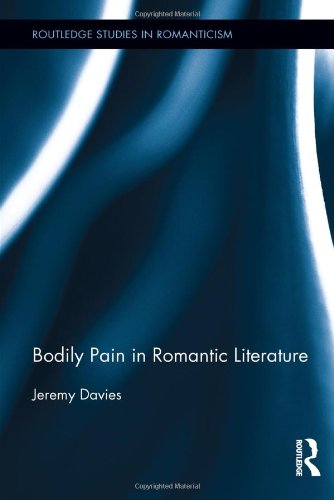

Most ebook files are in PDF format, so you can easily read them using various software such as Foxit Reader or directly on the Google Chrome browser.
Some ebook files are released by publishers in other formats such as .awz, .mobi, .epub, .fb2, etc. You may need to install specific software to read these formats on mobile/PC, such as Calibre.
Please read the tutorial at this link: https://ebookbell.com/faq
We offer FREE conversion to the popular formats you request; however, this may take some time. Therefore, right after payment, please email us, and we will try to provide the service as quickly as possible.
For some exceptional file formats or broken links (if any), please refrain from opening any disputes. Instead, email us first, and we will try to assist within a maximum of 6 hours.
EbookBell Team

0.0
0 reviewsShortlisted for the University English Early Career Book Prize 2016
Shortlisted for the British Association for Romantic Studies First Book Prize 2015
When writers of the late eighteenth and early nineteenth centuries explored the implications of organic and emotional sensitivity, the pain of the body gave rise to unsettling but irresistible questions. Urged on by some of their most deeply felt preoccupations – and in the case of figures like Coleridge and P. B. Shelley, by their own experiences of chronic pain – many writers found themselves drawn to the imaginative scrutiny of bodies in extremis.Bodily Pain in Romantic Literaturereveals the significance of physical hurt for the poetry, philosophy, and medicine of the Romantic period. This study looks back to eighteenth-century medical controversies that made pain central to discussions about the nature of life, and forward to the birth of surgical anaesthesia in 1846. It examines why Jeremy Bentham wrote in defence of torture, and how pain sparked the imagination of thinkers from Adam Smith to the Marquis de Sade. Jeremy Davies brings to bear on Romantic studies the fascinating recent work in the medical humanities that offers a fresh understanding of bodily hurt, and shows how pain could prompt new ways of thinking about politics, ethics, and identity.